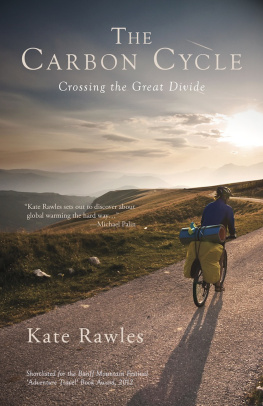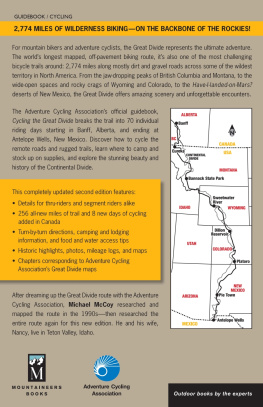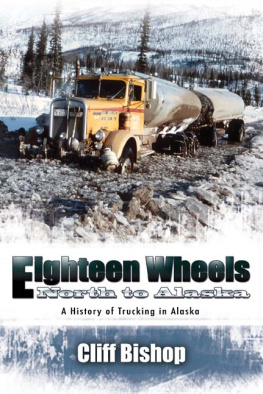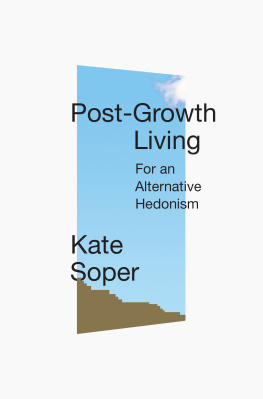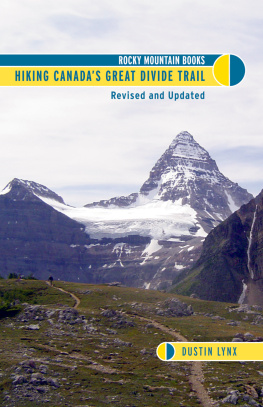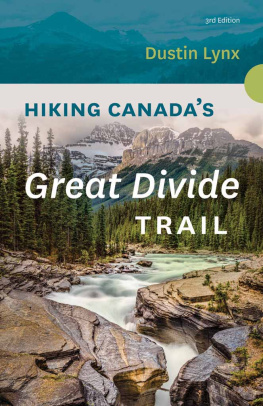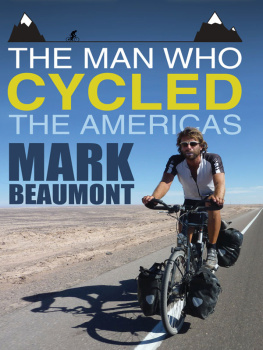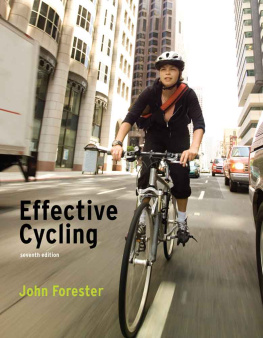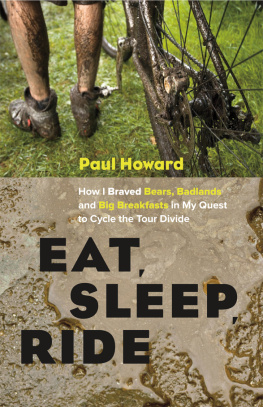CHAPTER ONE
Too Hot for Cacti
It is almost impossible to imagine how the world will avoid disastrous climate change impacts without a fundamental, and prompt, change in US policy.
Elizabeth Kolbert
Climate change? Oh no, you wont have a problem with that until you go further north.
US citizen in an airport queue, discussing New Mexico
I left El Paso on the 19th June 2006, at high noon. It was like riding into an oven. I was gleaming white and Rocky, fully loaded for the first time, was unnervingly heavy. Wobbling erratically around the hotel car park as a practice run, I wondered whether I could actually ride anywhere with this much weight. Not to mention the damage sustained to the bike on the flight over. For the first time, I suddenly had real doubts about the viability of this trip. Too far, too hot, too heavy, TOO MUCH! whimpered an internal voice. Dont be daft, I told it, itll be fine. Then, mustering my courage, I headed out into the lunchtime traffic. The road out of town was uphill and infested with traffic lights, inflicting the maximum number of shaky hill starts. I wasnt convinced I could make it the two miles to the bike shop, let alone another fifty or so that day. And I didnt even want to think about Alaska. Drenched with sweat, I arrived at the Crazy Cat bike shop thinking I already deserved a heros welcome. Instead of which a polite but not all that interested young man loaned me a high-pressure foot pump, told me he didnt think that cycling any kind of distance with four teeth missing from the front gear ring was feasible, and didnt ask where I was going. I skulked about in the cool interior pretending I might buy something unlikely, given an unfortunate temporary separation between me and my credit card until the air-conditioning got my temperature down to something functional. And then I headed off for real.
It felt amazing to be underway at all. Normal life can be incredibly sticky when you try to leave it. On this occasion, it had required an immense effort to break free. Clearing the ground had somehow taken priority over training, and I hadnt been on a bike in at least a month. Weeks had flown past with no exercise more strenuous than lifting a computer mouse. On top of this less-than-ideal preparation for an endurance ride, mild asthma had turned into a stubborn, long-term cough. And, while I was undoubtedly a touch out of shape, the bike almost didnt make it at all. For many years Id harboured the extravagant fantasy of having a bike hand-built by the exuberant Scottish bike builder, Charlie Ralph. Charlie specialises in custom-made machines for people who are, for example, very tall or, in my case, rather on the short side. My much-loved but undeniably elderly road-bike had recently been the source of considerable teasing from a group of friends on holiday in the Alps. This trip further, harder, higher and altogether more ambitious provided the ideal excuse.
Rocky, named for the Rockies we aimed to ride along, and painted a distinguished dark grey in keeping with the carbon-oriented nature of the mission, was due to arrive in March, for my birthday. This was postponed until April, just in time to get to know him before the Fred Whitton, a local challenge ride in May. Finally, on a windy day in June two days before I was due to leave for the States, Charlie arrived at my door in the Lake District with Rocky in the back of his car. Theres just one small problem, he said. It concerns the front wheel Hed put the bike in the boot of his car ready to leave when his phone rang. Running in to answer it, hed startled the cat, who jumped on the car, slamming the boot down on the front wheel which promptly curled into an intriguing shape, a bit like a pretzel. In view of the time constraints, Charlie had brought the bike down anyway, and had then spent hours on the phone in the kitchen, ringing around every bike shop in Cumbria to see if a wheel of the right specs could be found. In the end he had to drive to Glasgow and back to get one. So much for bikes as a low-carbon commodity.
Rocky and I, then, were not all that well acquainted by the time we came to be navigating our way through Gatwick airport towards the departure lounge. Nevertheless, I felt a huge pang as I left him in his cardboard box in a cage marked oversize luggage. Would we ever be reunited? A gentleman from San Antonio with silver hair, a yellow shirt and a large stomach, asked me what on earth I was thinking of, taking a bike to El Paso. He told me that it would be 115 degrees. He told me about retail kidnapping in Mexico. (You get kidnapped; the kidnappers phone your family and ask for a DVD player/microwave/towel heater; the family take the DVD player/microwave/towel heater to the kidnappers, and receive you in exchange.) He told me under no circumstances to cross the border south into Mexico, and that, even heading north, while I might not be kidnapped, I would find little shade and should expect huge distances between the places where I could get water. Seizing the opening, I asked him whether climate change was a big concern in a place already so hot. This was not, he reassured me, a problem faced by southerners. Though it does, he conceded, get cool in the evenings. By the time Id unscrambled my brain wed been called to our separate check-in desks and I never saw him again. I decided the moral was probably to give up asking questions about climate change and use the more self-explanatory term global warming instead.
~
Many hours later, I was reading my way through a stack of climate change articles, 35,000 feet above the north-eastern edge of Canada. Nothing I read was remotely reassuring, except perhaps that the greenhouse effect at the heart of the issue is in itself a beneficial natural phenomenon. The average temperature of the earth would be about minus eighteen degrees and pretty uninhabitable without it. The problem, rather, is the vast quantity of extra greenhouse gases added to the atmosphere by human actions. I was fast learning that, when it comes to climate change, there are areas of rock-solid certainty, and areas of intense debate. The trick is to tell which is which and not to fall for the age-old ploy of using the existence of the latter to cast doubt on the former. One of the certainties is that carbon dioxide molecules retain heat. We have released more of them into the atmosphere. Therefore the atmosphere is retaining more heat. If you can dispute any of those claims you should, as George Monbiot puts it in his book, Heat , put yourself forward for a Nobel Prize in science. What exactly this warming atmosphere will mean for particular climates around the world is one of the uncertainties. Some are getting hotter, some drier, some wetter, some may even get colder. Overall, though, atmospheric warming aka global warming has been likened to turning the heat up under a saucepan of water. The extra energy has to go somewhere. So as well as changing climates, its expected to increase incidents of severe weather. Storms, floods, droughts, hurricanes
~
I arrived in El Paso, via Houston, at one in the morning western United States time or eight in the morning British time walking down the long corridor to the baggage claim with the accompaniment of the oddly incongruous sound of Vivaldis The Four Seasons. With a touch of bleary self-pity, I calculated that Id been travelling for twenty-four hours and, apart from a snooze over Greenland, hadnt slept for well, several days. Rocky didnt show up until after the last suitcase was wending its way soulfully round and round the baggage carousel and I was in the queue for lost luggage. A man walked through a hidden doorway carrying the battered bike box and everything else seemed suddenly irrelevant. We were here! Here in El Paso, Texas at one in the morning with the airport barometer reading eighty-five degrees! The friendly driver who squeezed the box into the back seat of his taxi asked me what I was up to and then told me I was crazy.

